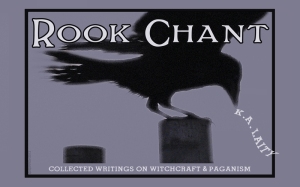World mythology is a rich resource for comic book and graphic novel creators. Characters as varied as Marvel's Thor, Hellboy from Dark Horse, Image Comic's Age of Bronze, and Wildstorm's Promethea -- to name just a few -- draw on the spiritual, mythological, magical and occult traditions of the world.
The newest publisher to join their ranks is Campfire Graphic Novels. Inspired by the age-old image of family and friends gathered around a fire to share tales of adventure, danger and virtue, Campfire has launched four distinct lines of graphic novels: Classics (adaptations of great novels and plays), Mythology (to date, Greek and Hindu stories), Biography (inspiring leaders, scientists, authors, and philosophers of the past), and Original (new stories).
















